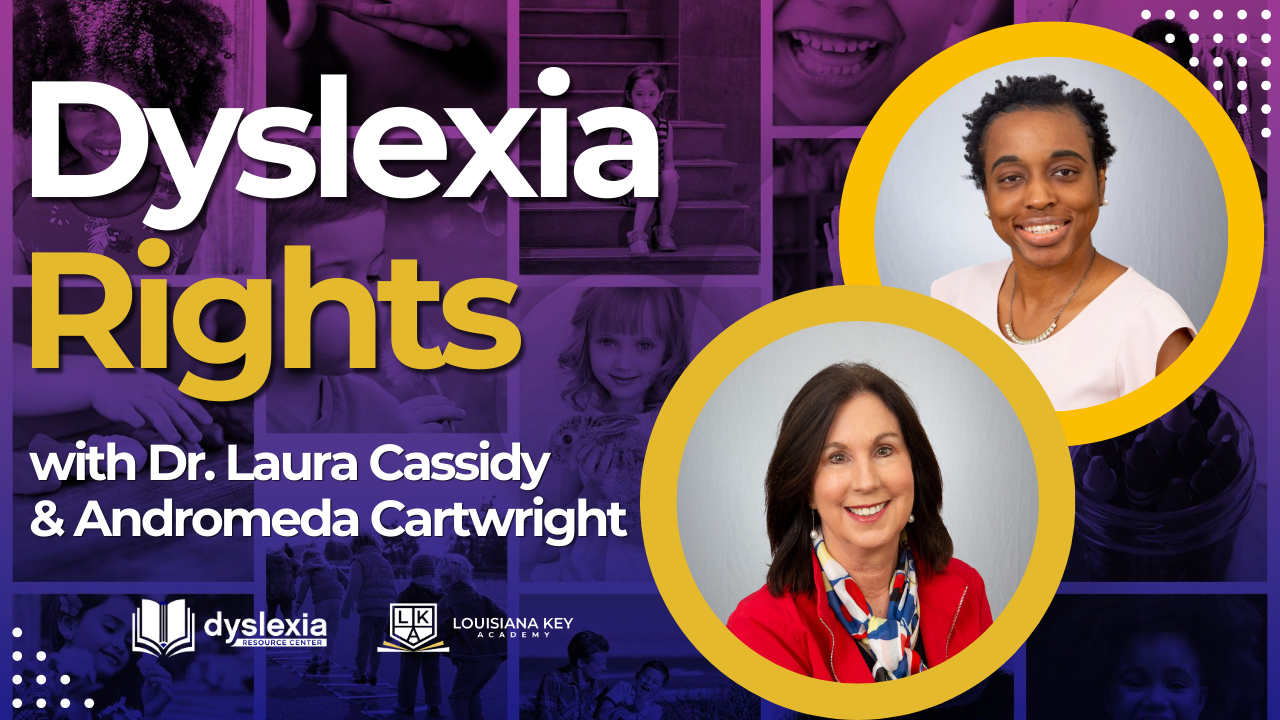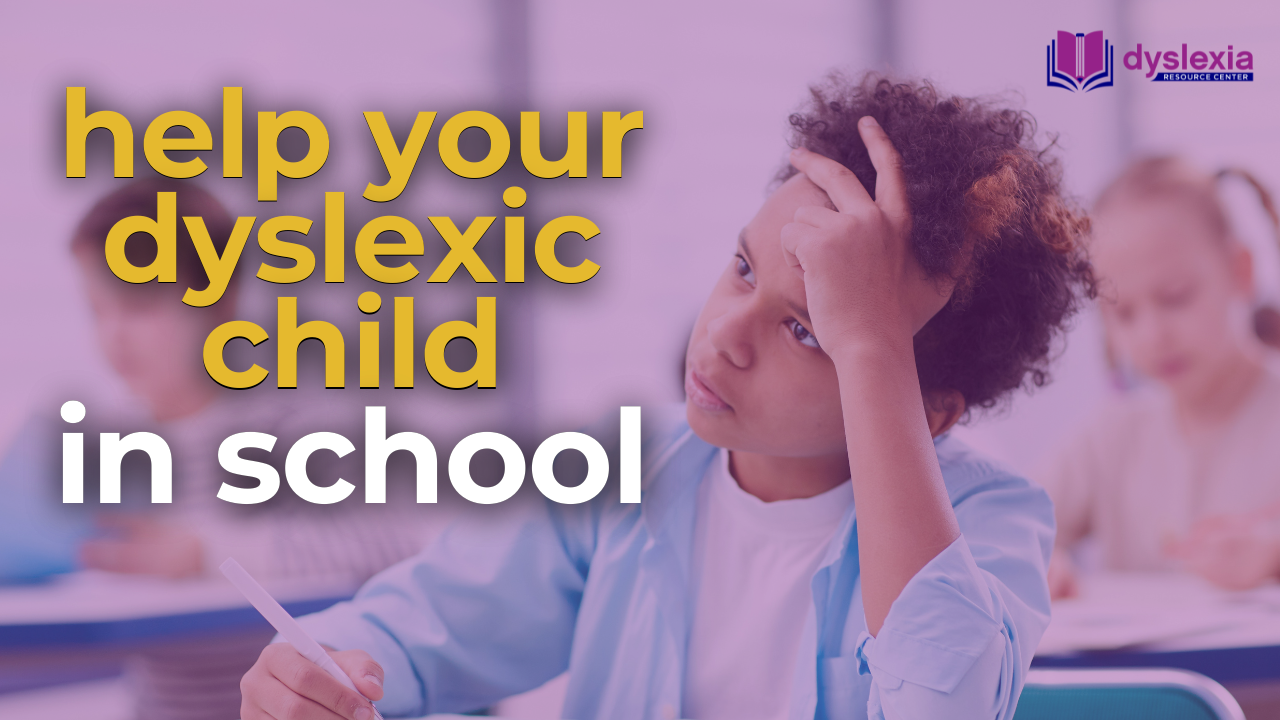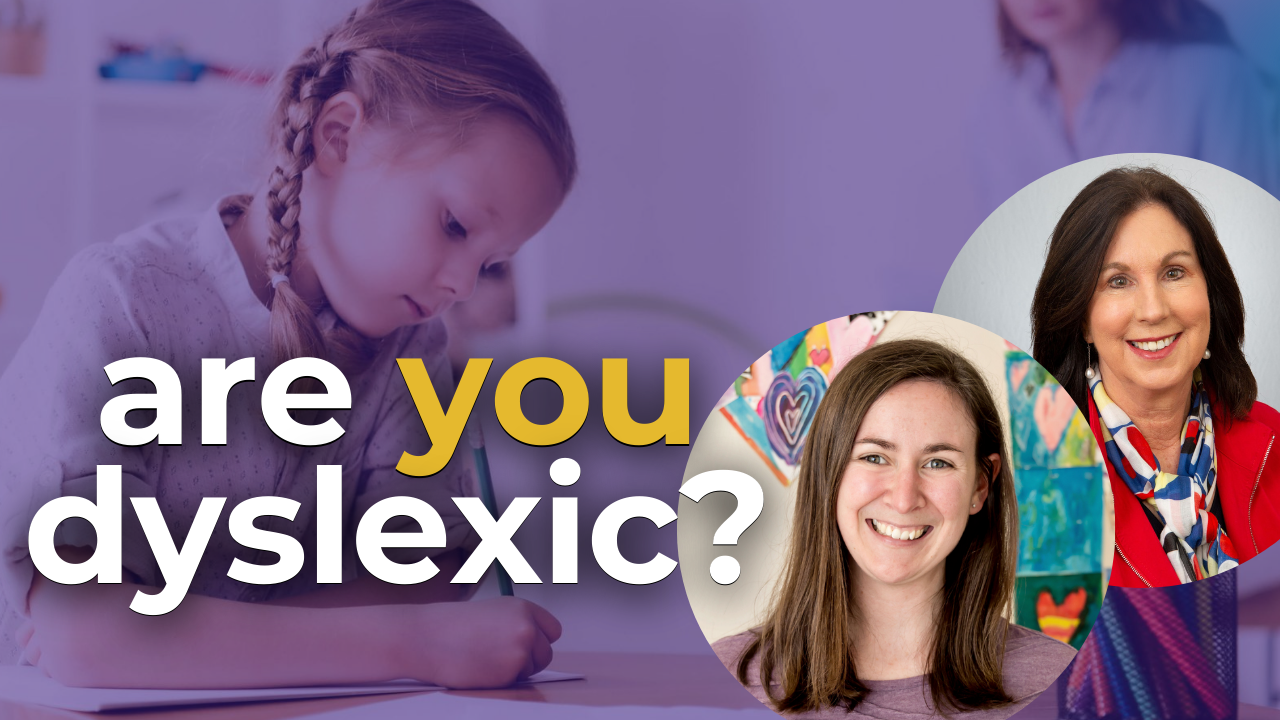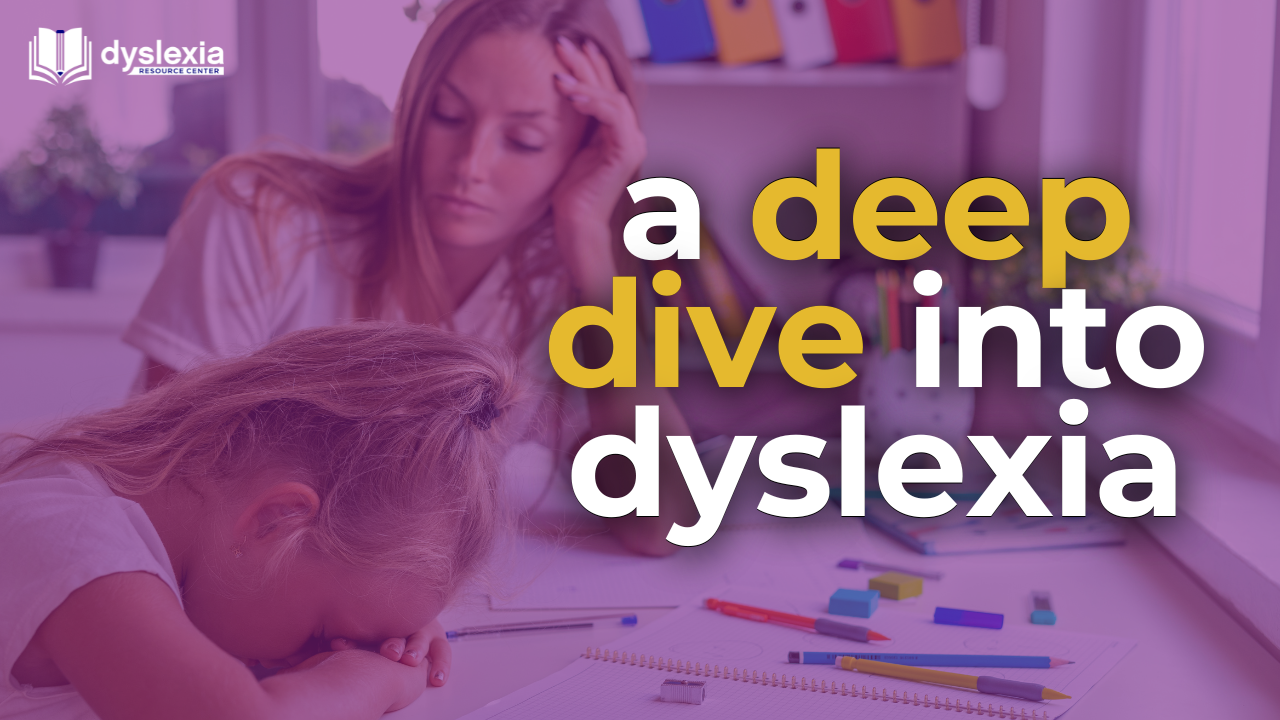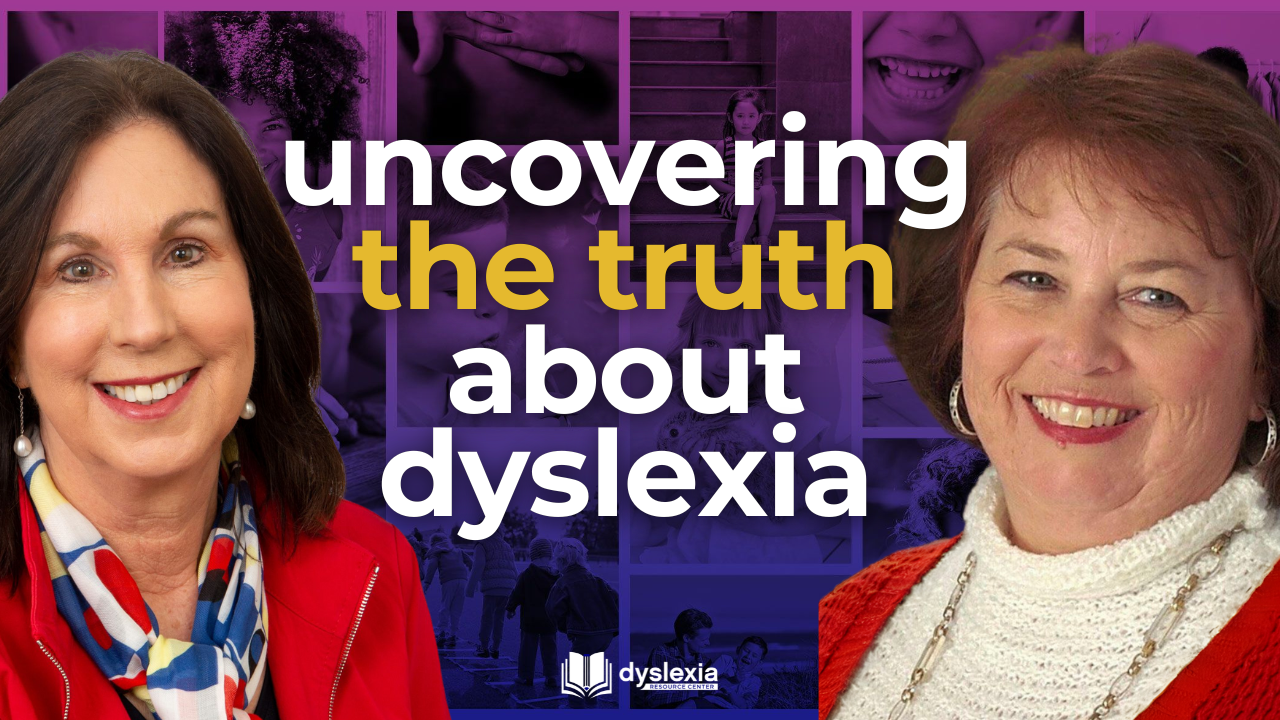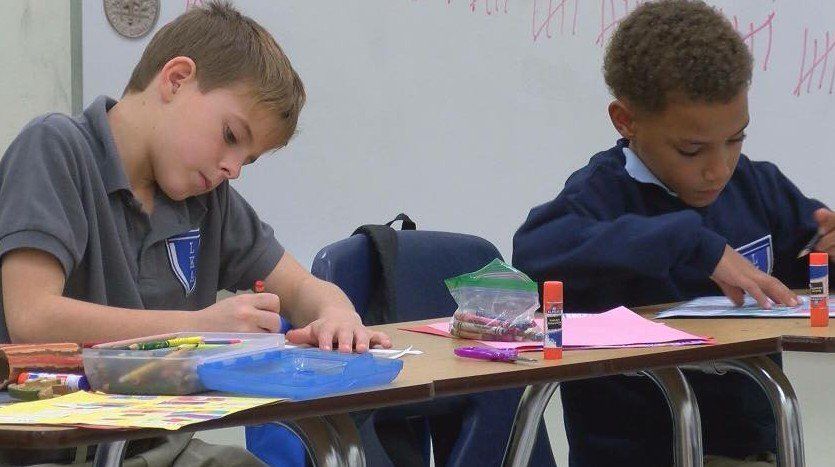Call Us (225) 384-5484
What To Do When A Bright Student Struggles Academically?
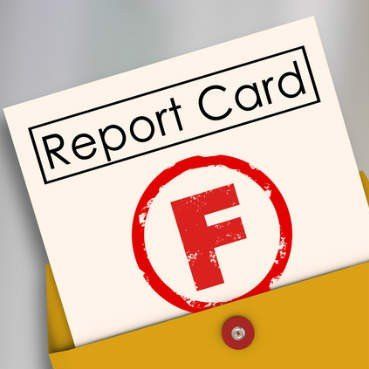
My child is struggling at school and I think s/he has dyslexia?
Children with dyslexia have a difficult time getting the special services needed in school because schools often use a formula looking at the discrepancy between their IQ and their school achievement.
This gap has to be large per a formula to qualify for special educational services in schools. That can mean that the child must have failure rather than mediocre grades despite much effort put forth by the child. That means failure and shame are often necessary to diagnose a valid entity – dyslexia.
The federal government allows this model but said it cannot be the only method of evaluation. Unfortunately, many schools use this formula as it allows a “fill in the blank”/calculator approach rather than really understanding what dyslexia is and the services a child with dyslexia needs. Instead, the school can and should use a “preponderance” of appropriate data.
Children with dyslexia have average to above average intelligence. They read using a different pathway than non-dyslexic students use to read which means they read slower and with much effort. The pathway used is not as “efficient” as a non- dyslexic child. For children with dyslexia to learn to read equal to their IQ, they must be identified as dyslexic and taught in a specific way that works with their alternate reading pathway. If not identified, the child may be labeled as “lazy” or “dumb”.
This “inefficient” pathway slows down reading despite their intelligence. So, they must be identified, given the appropriate instruction, and always get more time for reading and testing regardless of their grade(s).
This alternate system is used for reading but not for critical thinking. Parents see these bright children with normal to above normal IQ’s struggle with reading, writing, and speaking which can be confusing. But, it is crucial for parents and educators to understand this concept. A bright child struggling academically needs to be evaluated by appropriate tests for dyslexia.
And as the quote in DRC Blog 10 from Dr. Sally Shaywitz says, “the disparity within the person, not comparing one person to another..” The discrepancy model will often prevent the child being identified as dyslexic. But, an evaluation of the correct tests/data and discussion with the parents and the child will lead to the identification of children with dyslexia.
Please look at the information on our web site and contact us for help or additional information. We are here to help you.




Quick Links
What is Dyslexia?
Dyslexia Services
WHO WE ARE?
The Dyslexia Resource Center was started by a group of concerned parents, medical doctors, and advocates who simply want everyone to know the truth about dyslexia, based on the most current science, and how that knowledge can translate into success in the classroom.
WHAT IS DYSLEXIA?
An unexpected difficulty in reading for an individual who has the intelligence to be a much better reader.
All Rights Reserved | Dyslexia Resource Center

